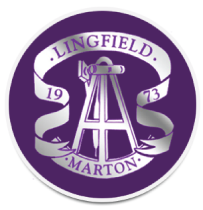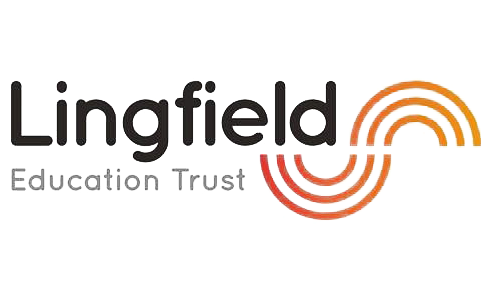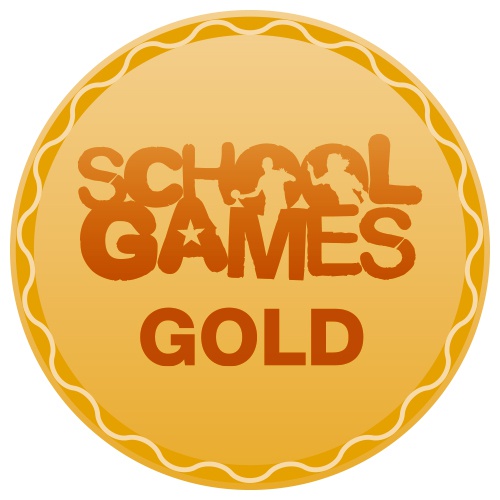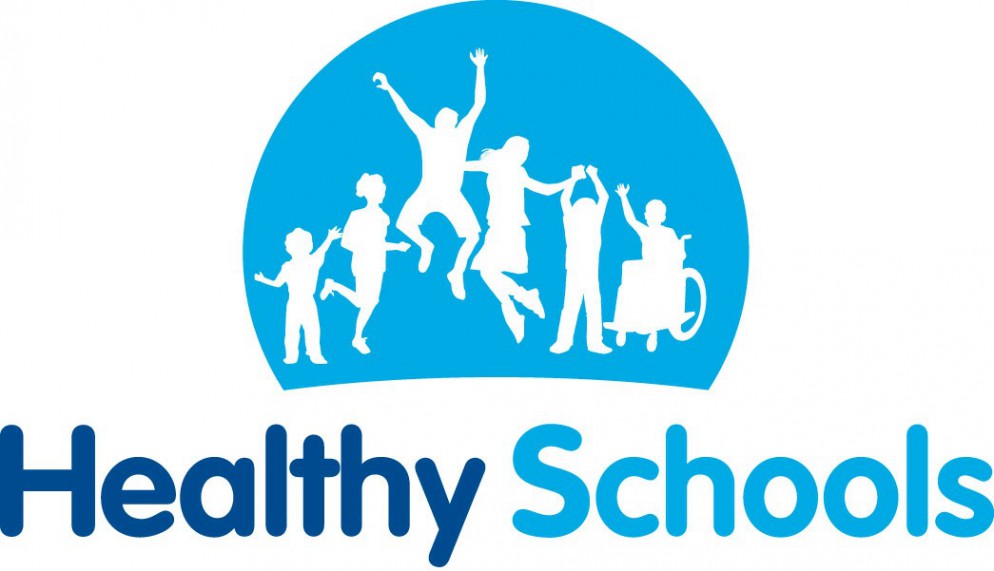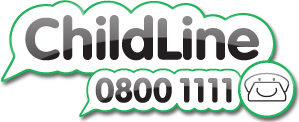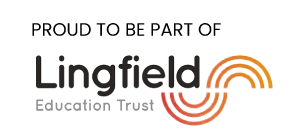Developmental Matters provides guidance materials to support the Statutory Framework for the
Early Years Foundation Stage. We have used this to help us create an interesting and exciting
curriculum tailored to meet the needs of our children here in Marton, Middlesbrough.
Here at Lingfield Nursery we have 7 Curriculum Goals;
1) Be a happy, secure, confident learner
2) Make up your own stories
3) Create your own dance to a piece of music
4) Follow a recipe to make shortbread
5) Create a model in the Workshop Area
6) Build an obstacle course
7) Make a book about yourself and your family
Our curricular goals cover a range of areas of learning and are full of enriching activities we want all
our children to strive to achieve, with unlimited possibilities.
Our curriculum is divided into three sections, the prime areas, the specific areas and the
characteristic of effective learning. Below is a brief outline of what each area entails.
Prime Areas of Learning:
Personal, Social and Emotional Development
- Form meaningful relationships with other children and adults
- Have the confidence to try new things
- Select activities and resources to help achieve their goal
- Show confidence in new social situations
- Play with others and extend their ideas
- Develop a sense of fairness, what is right and wrong
- Find solutions to conflicts
- Talk about their feelings
- Understanding how others may feel
Physical Development
- Learn co-ordination and control both large and small movements
- Build confidence, stamina, energy and strength
- Learn to move in a variety of ways
- Use and remember sequences of movement
- Learn to use tools competentlyDevelop confidence and independence in managing hygiene and personal needs
- Learn how to keep safe and be healthy
Communication and Language
- Listening to stories and remembering what happens
- Understand a range of questions
- Develop a wide vocabulary including the names of many objects
- Hold conversations with others
- Understand instructions with two parts
- Sing/say a large number of songs and rhymes
- Create and tell their own story
Specific Areas of Learning:
Literacy
- Enjoy stories – sharing books with others, telling stories and making them up
- Talk, listen, discuss and recall experiences
- Express opinions and make choicesUnderstand what print is and how it is read left to right, top to bottom
- Develop an awareness of rhythm and rhyme, syllables and alliteration
- Blend and segment sounds in words orally
- Make marks and use letter shapes in mark making
- Write their name
Mathematics
- Understand and use numbers including recognising a small collection of objects without counting,
- counting accurately small collections of objects and knowing the last number indicates the amount
- and showing amounts using fingers.
- Compare quantities
- Make marks to match amounts and find the numeral to match
- Recognise and create patterns
- Find ways to solve mathematical problems
- Explore and compare shapes, quantities, lengths and weights
- Learn to use and understand mathematical language
Understanding the World
- Be curious – wondering why, how, what if………?
- Use their senses to explore animals, objects and materials and talk about their findings using a wide
- vocabulary
- Explore how plants and animals grow and change
- Understand why and how things happen
- Talk about past, present and future events in their own life and use associated time vocabulary E.g. a
- long time ago, yesterday, now, soon
- Develop positive attitudes about the differences between people
- Know they live in Middlesbrough and explore places in the local environment
- Know there are other places in the world and talk about how they are different
Expressive Arts and Design
- Retell real experiences and stories they have heard and create their own stories in pretend play
- Explore the properties of materials and use this knowledge to make 2D pictures and 3D models
- Develop skills in drawing people, animals and objects
- Explore tools for painting and printing, as well as colour mixing
- Listen to music and begin to tap to the beat.
- Copying sequences of movement and creating their own dance
- Sing a wide range of songs, and change familiar songs to create new ones
- Explore the sounds of musical instruments and how these sounds can be changes
- Respond to what they have seen and hear expressing their thoughts, ideas and opinions
Characteristics of effective teaching and learning
- Playing and exploring – children investigate and experience things, and ‘have a go’
- Active learning – children concentrate and keep on trying if they encounter difficulties, and enjoy achievements
- Creating and thinking critically – children have and develop their own ideas, make links between ideas, and develop strategies for doing things
Please click on the links below to see the overview for each term.
| Term | Overview |
| Autumn Term 1 | View |
| Autumn Term 2 | View |
| Autumn Term 3 | View |
| Autumn Term 4 | View |
| Autumn Term 5 | View |
| Autumn Term 6 | View |
